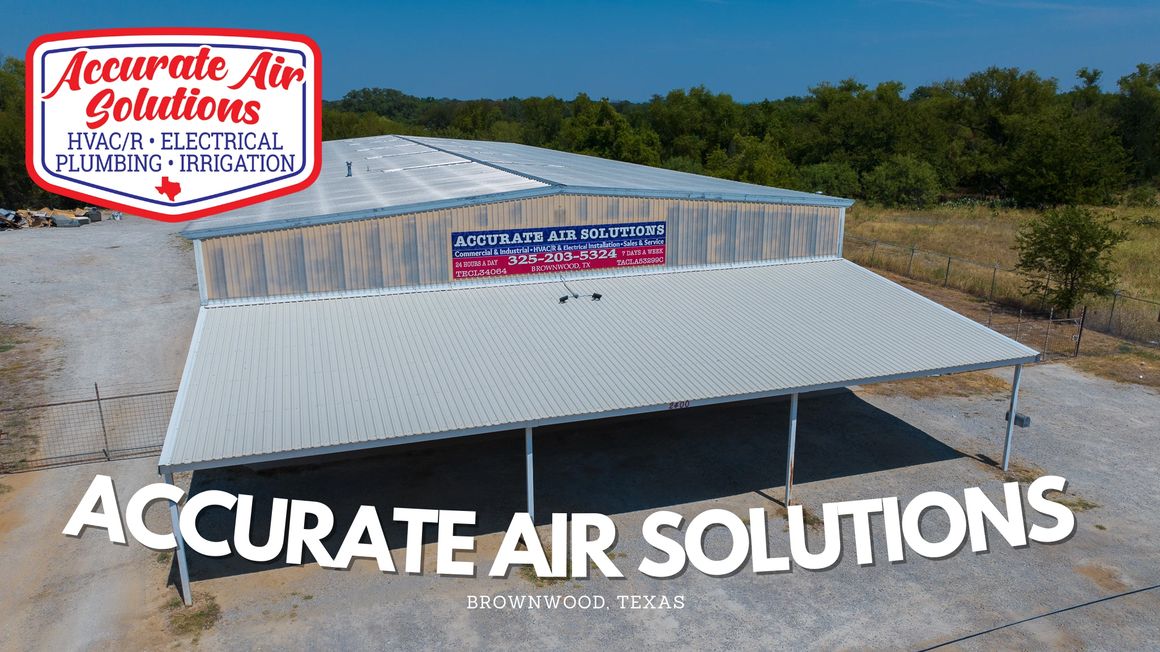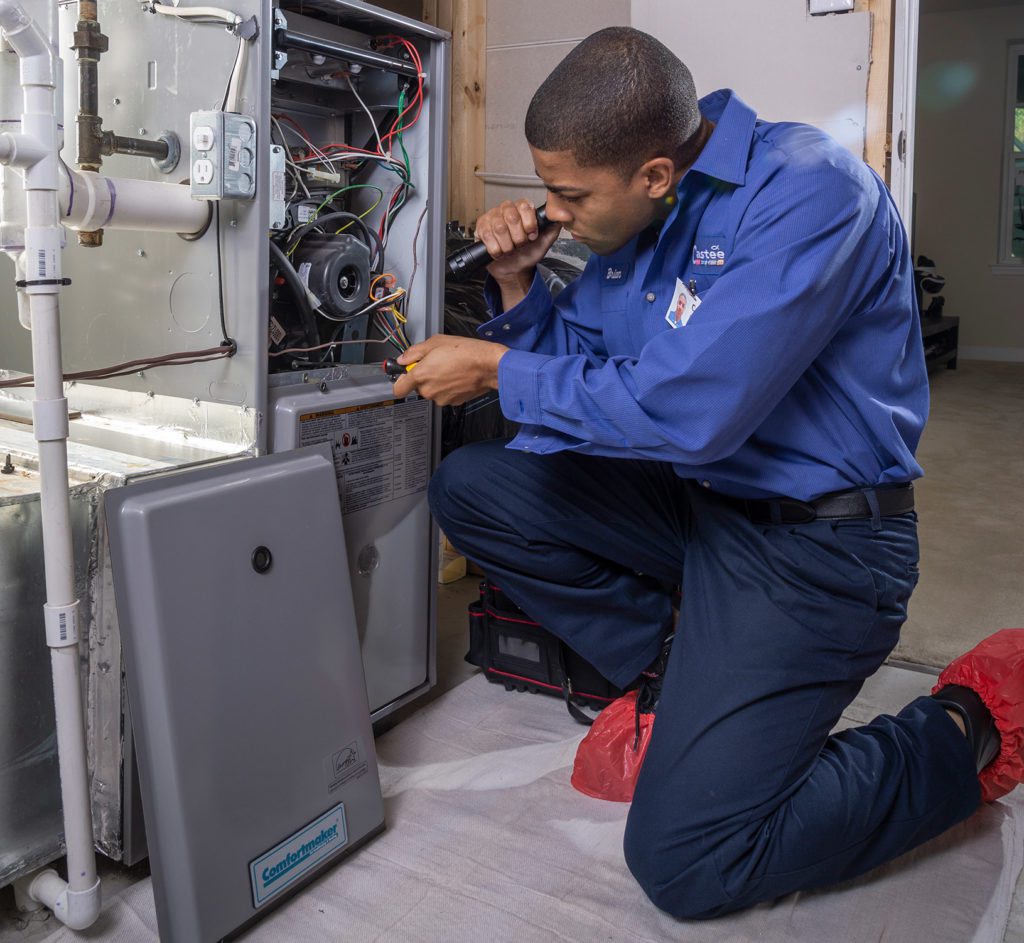The Significance of HVAC Installation: Key Considerations for a Comfy Indoor Atmosphere
The installment of a cooling and heating system is a critical component in achieving a comfy and energy-efficient indoor setting. Nonetheless, the process includes a number of nuanced considerations that surpass just choosing a device off the shelf. Elements such as the suitability of the system for certain structure demands, appropriate sizing to prevent ineffectiveness, and the proficiency of contractors for a top quality installment play crucial roles. Moreover, the fostering of sophisticated innovations can substantially boost system efficiency. Recognizing these complexities is simply the beginning of ensuring optimal interior comfort. What are the essential aspects that determine effective cooling and heating execution?
Picking the Right System

When picking a cooling and heating system, it is vital to evaluate the ability required to effectively heat or cool down the room without overworking the system, which can lead to boosted wear and functional prices. Consulting with an expert cooling and heating specialist can provide important understandings into picking a system that lines up with both the architectural style and the expected usage patterns of the building.
Furthermore, thinking about the integration of clever innovation can enhance system monitoring and tracking, offering better control and prospective price savings. By diligently assessing these aspects, one can make sure the choice of a cooling and heating system that not just meets immediate needs yet likewise adds to long-term functional sustainability and owner comfort.
Recognizing Energy Effectiveness
Understanding power efficiency is necessary when considering an A/c installation, as it straight affects both the ecological impact and the operational expenses of the system. The performance of a Cooling and heating system is commonly shown by rankings such as SEER (Seasonal Energy Performance Proportion) for air conditioners or AFUE (Yearly Gas Use Effectiveness) for heaters.

Purchasing an energy-efficient HVAC system not just converts to cost financial savings yet likewise adds positively to ecological preservation by reducing greenhouse gas exhausts. Additionally, many jurisdictions provide motivations or discounts for the installment of high-efficiency systems, additionally improving their financial appeal.
When examining energy effectiveness, consider innovative functions such as variable speed motors, clever thermostats, and zoning capacities. These innovations boost the system's ability to change to differing need, consequently enhancing energy usage. It is critical to seek advice from with a/c experts who can offer understandings right into the most effective options tailored to specific climate problems and usage patterns, making certain maximum performance and comfort.
Importance of Appropriate Sizing

Conversely, a small HVAC system will certainly struggle to get to the preferred temperature level, particularly during severe climate problems. This can lead to constant procedure, bring about greater energy expenses and possible getting too hot of system elements. In addition, inadequate sizing can bring about inconsistent temperature distribution, triggering certain locations of a building to be as well warm or also great.
To accomplish the correct sizing, a detailed load estimation is vital. This includes analyzing numerous variables such as the building's square video footage, insulation degrees, home furnace prices window types, and neighborhood environment problems. By precisely establishing the home heating and cooling requirements of an area, HVAC professionals can advise systems that make sure effective operation, decreased power intake, and enhanced indoor comfort.

Ensuring Quality Setup
A smooth Heating and cooling setup is the foundation of a system's longevity and performance. This specialist ought to have extensive understanding of diverse systems and be proficient at evaluating the particular needs of the building.
Proper installation goes beyond plain placement of tools. It involves exact calibration to make sure ideal air flow, efficient power intake, and consistent temperature circulation. This consists of exact ductwork setup, guaranteeing links are leak-free and safe, which is critical for keeping system effectiveness and interior air top quality.
Moreover, the application of sophisticated diagnostic tools during installation can spot prospective issues early, avoiding costly fixings and prolonging the life expectancy of the system. The service provider needs to likewise guarantee that all components are suitable and that the system abides with neighborhood building codes and guidelines.
Normal Upkeep Practices
When the structure for a high-performing HVAC system is developed via high quality installment, the focus should move to normal upkeep practices to make certain continued effectiveness and reliability. Routine upkeep not just extends the lifespan of the system however also improves interior air quality, minimizes energy usage, and prevents pricey repair services. Vital upkeep tasks include on a regular basis altering air filters, cleansing evaporator and condenser coils, and checking the system for clogs or leakages.
This simple task can dramatically enhance air flow and system efficiency. Furthermore, expert service technicians ought to check the system annually, examining for refrigerant levels, electrical hvac air connections, and overall system efficiency.
Focus to ductwork is also essential; securing and cleansing air ducts on a regular basis protects against air loss and contamination. Applying a maintenance routine makes sure that small issues are addressed before they escalate, protecting the system's functional integrity. By sticking to these upkeep methods, home owners can optimize their a/c system's performance and maintain a comfortable interior atmosphere year-round.
Verdict
By selecting an ideal system tailored to details structure demands, recognizing energy efficiency, and ensuring appropriate sizing, ineffectiveness can be decreased. The participation of experienced service providers warranties quality installation, while the combination of innovative modern technologies improves system performance and tracking.
A number of visit the website types of A/c systems are offered, consisting of split systems, hybrid systems, duct-free systems, and packaged home heating and air systems, each with unique advantages and limitations.
Understanding power effectiveness is essential when thinking about a Heating and cooling installation, as it straight influences both the ecological impact and the functional costs of the system. The effectiveness of a HVAC system is normally indicated by scores such as SEER (Seasonal Energy Efficiency Ratio) for air conditioners or AFUE (Annual Fuel Usage Efficiency) for furnaces (air conditioning contractor in Brownwood TX).When the structure for a high-performing A/c system is developed with top quality installation, the focus should change to regular maintenance techniques to make sure ongoing performance and integrity. Additionally, professional service technicians should examine the system annually, checking for cooling agent levels, electric connections, and general system performance